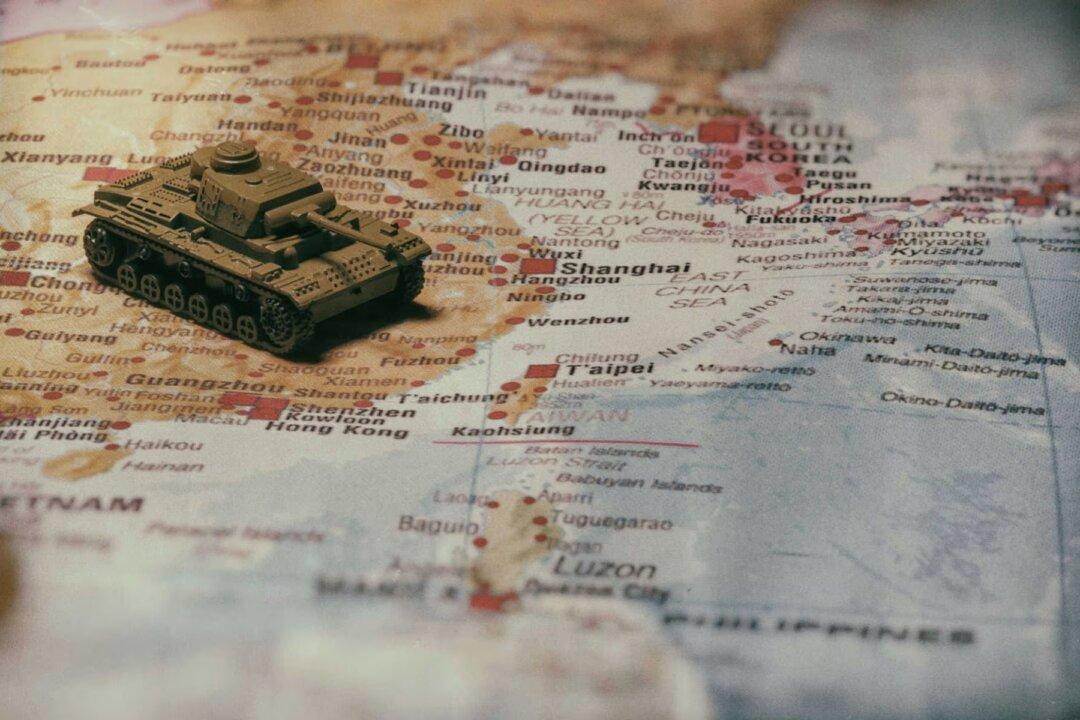Commentary
Each year, I have the pleasure of interviewing hundreds of applicants to the programs of an educational institute, of which I am the Academic Dean. In those interviews, I ask questions that motivate prospective students, mostly aged 15 to 18 years, to share opinions that they care deeply about but feel unable to discuss with their peers. I thus gain insight into a generation of whose experiences I (a gen-Xer) would otherwise be largely ignorant.


